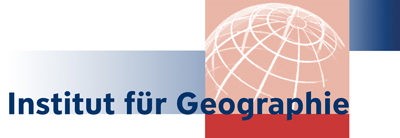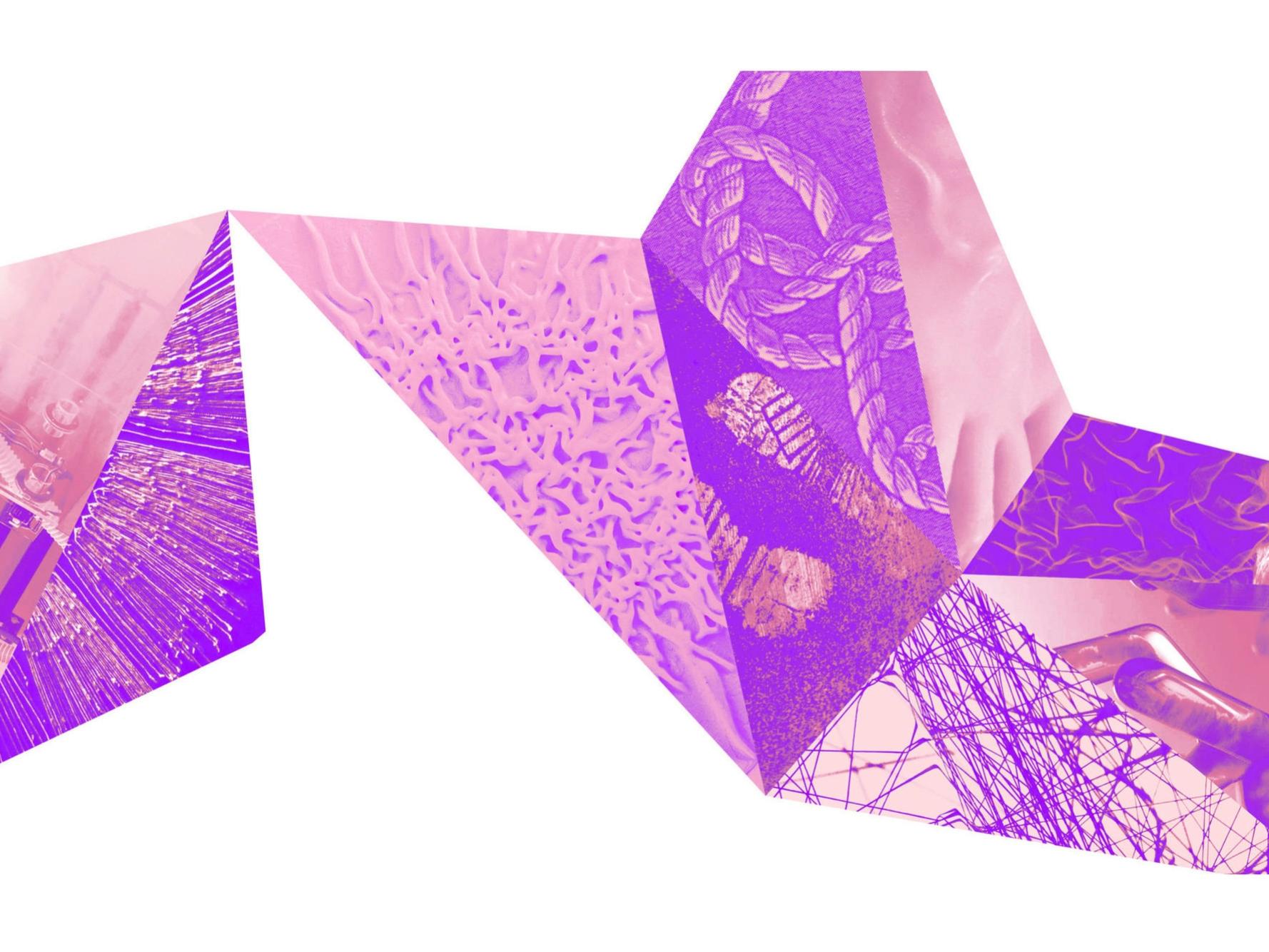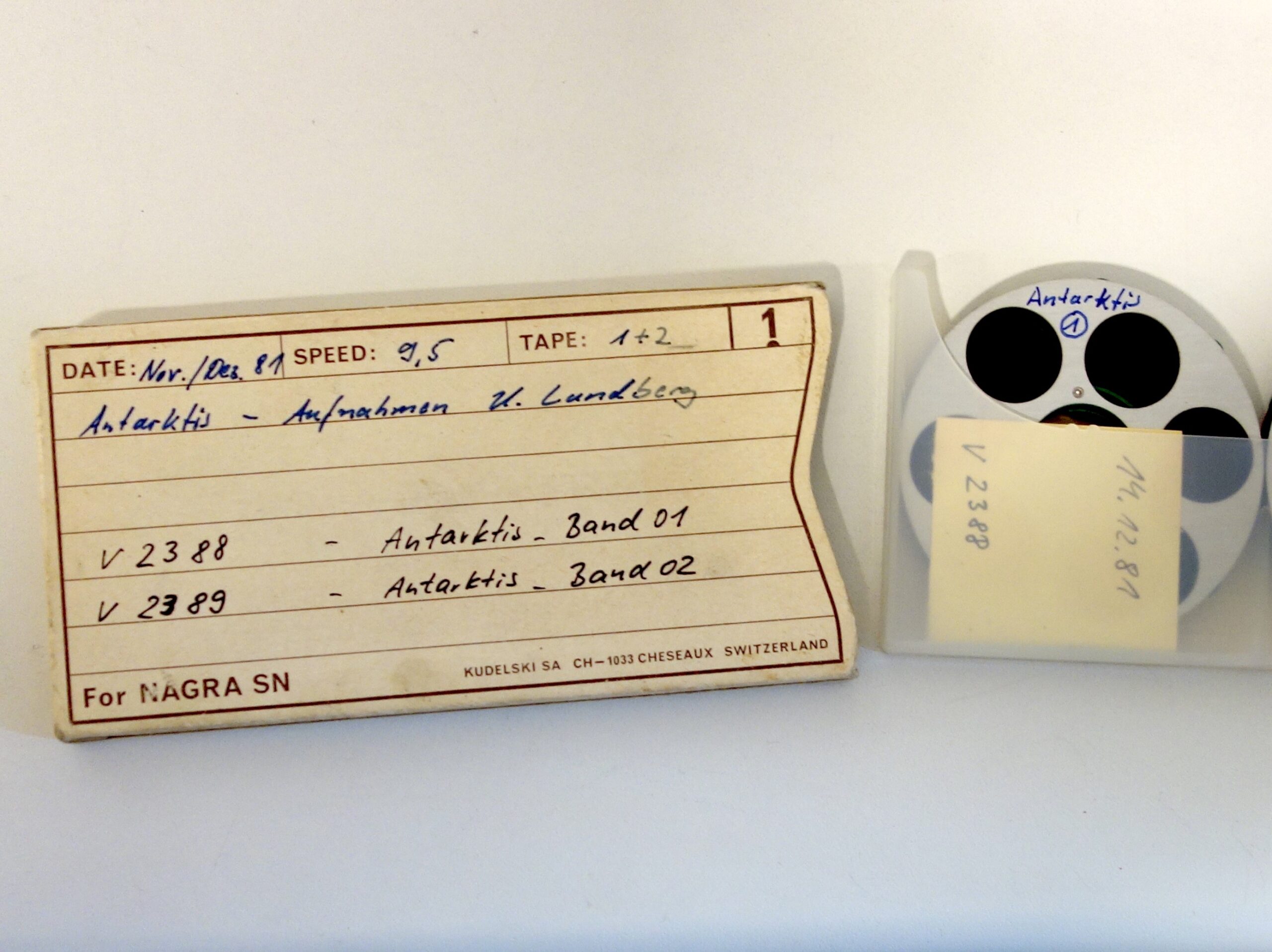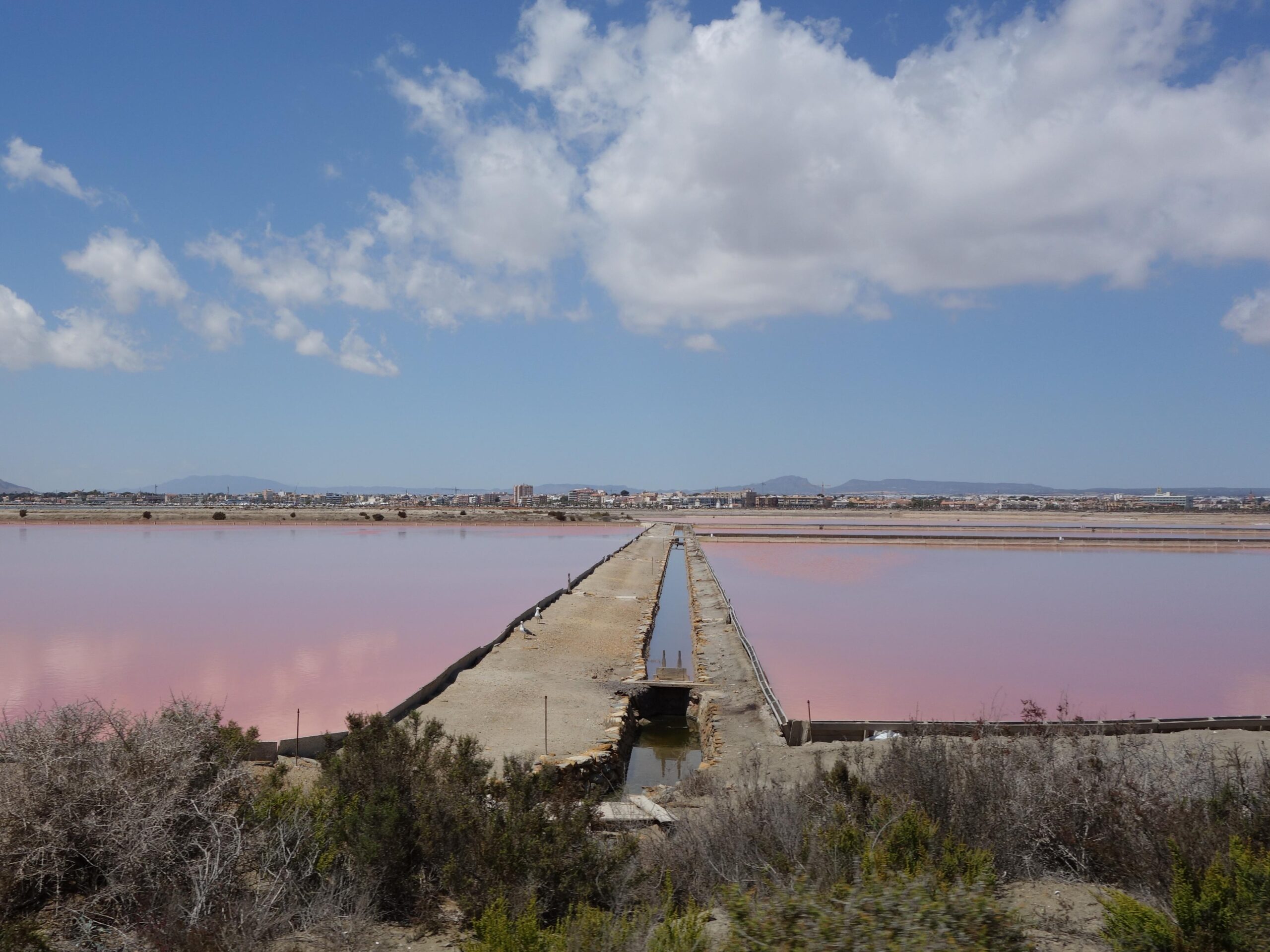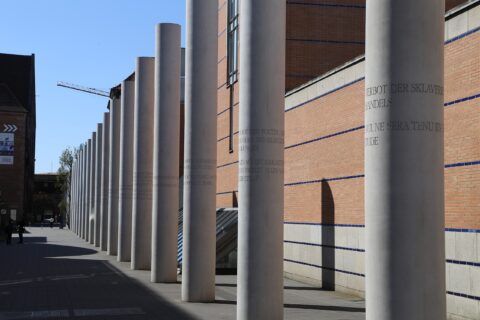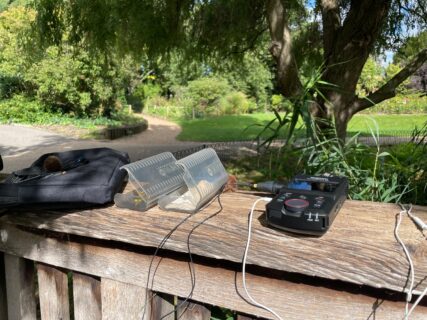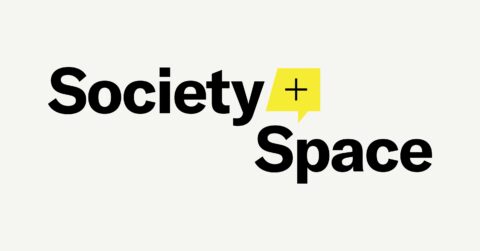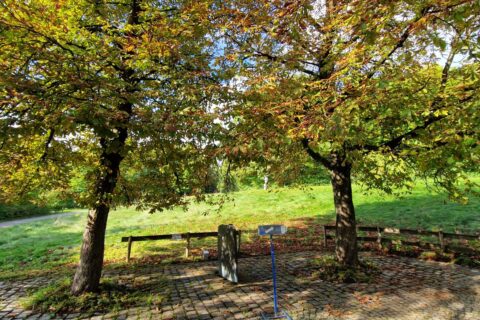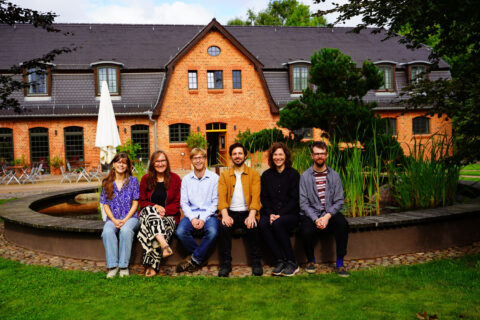Society-Environment Research Group
Welcome!
Our research group is situated at the intersection of Cultural Geography and Nature-Society Geography with a shared curiosity for embodied, multisensory, and evidentiary fieldwork methods of studying and representing more-than-human worlds. We are an interdisciplinary and multilocal team with expertise in cultural and urban geography, anthropology, sociology, historical urban studies, spatial planning, toxicology and environmental microbiology.
Our team
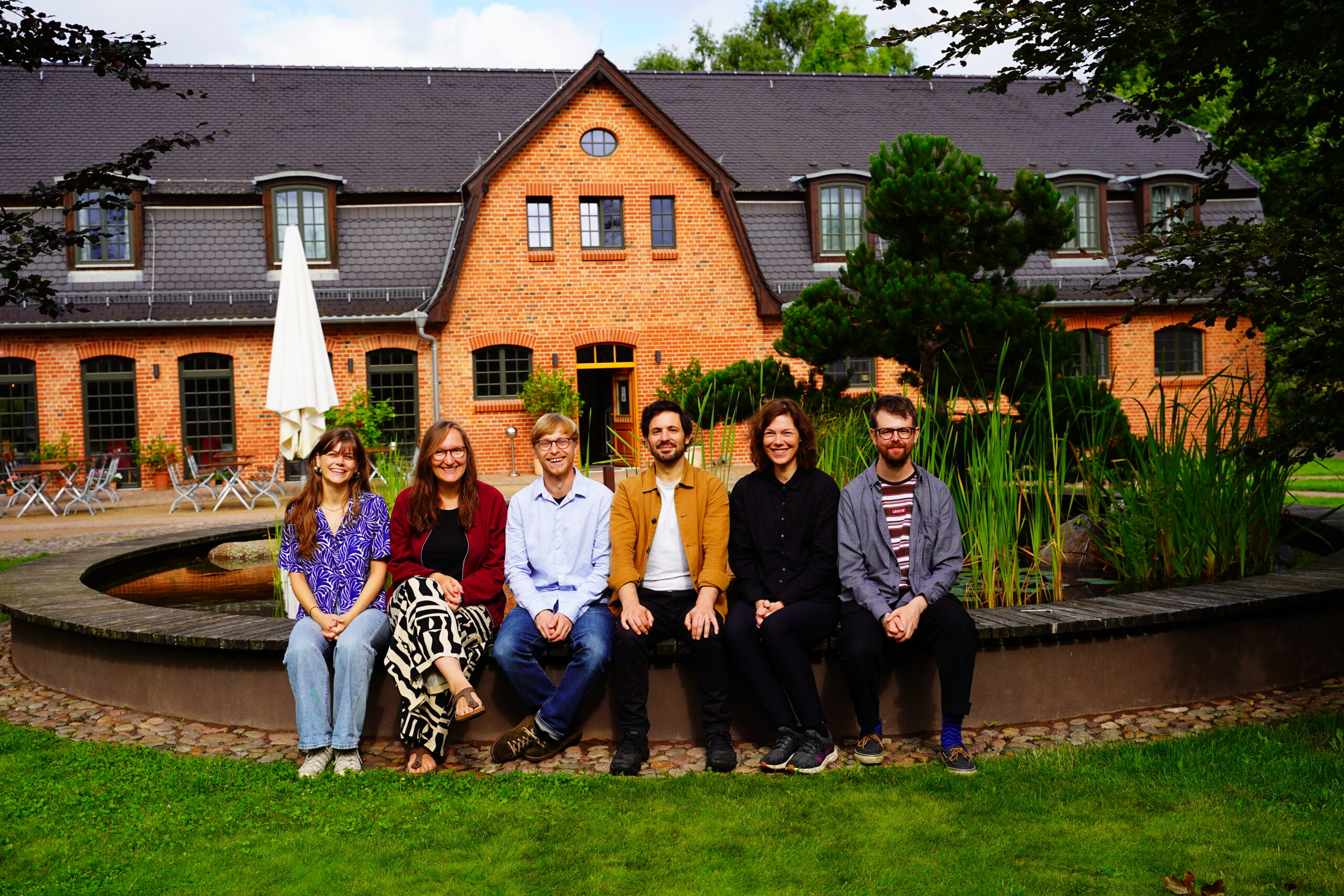
- Prof. Dr. Sandra Jasper (Research Group Leader)
- PD Dr. Alexandra Titz (Senior Researcher)
- Dr. des. Lena Schlegel (Postdoctoral Researcher)
- Dr. Aaron Bradshaw (Research Fellow)
- Dr. Valentin Meilinger (Research Fellow)
- Marie Duchêne (Doctoral Researcher)
- Ezra Grosz (Doctoral Researcher – starting 01.04.2026)
- Anna Wißmüller (Student Assistant)
- Dr. Tomás Usón (Affiliated Researcher)
- Dr. Jonathan Prior (Visiting Researcher)
Focus-team: »Rural Change & Development«
Our research
At the core of our work lies the situated description and critical analysis of urban environments, landscapes, and infrastructures in the context of planetary crises.
We aim to contribute to a better understanding of the societal challenges of the planetary ‘polycrisis’ spanning climate change, biodiversity loss, pollution, and threats to global health. Rather than assuming fixed patterns or manifestations, we seek to examine planetary crises as situated geographical phenomena. How do planetary crises manifest in urban and landscape ecologies? How are these local ecologies connected to global environmental transformations? What political, cultural, and ethical constellations shape environmental change?
We aim to contribute to a better understanding of the societal challenges of the planetary ‘polycrisis’ spanning climate change, biodiversity loss, pollution, and threats to global health. Rather than assuming fixed patterns or manifestations, we seek to examine planetary crises as situated geographical phenomena. How do planetary crises manifest in urban and landscape ecologies? How are these local ecologies connected to global environmental transformations? What political, cultural, and ethical constellations shape environmental change?
We address these questions through a wide range of research topics—from societal relations with animals and microorganisms to issues of pollution, toxicity, and planetary health. Current projects focus on water and wastewater infrastructures, wildfires and disaster geographies, urban biodiversity, and bioacoustics. At the same time, we investigate material geographies as more-than-human archives through which political relations and cultural meanings become visible.
Conceptually, our work builds on debates in cultural geography—particularly in more-than-human geographies, feminist and posthuman geographies, critical landscape and sound studies—urban political ecology, science and technology studies, environmental anthropology, and critical social science research on infrastructures.
We place particular emphasis on the role of different knowledge cultures and forms of representing, transforming, and governing environments within the context of planetary crises. Our empirically grounded approach to research combines social science and humanities-based analyses with approaches from the natural sciences, while maintaining a critical reflection on the latter. Methodologically, we employ a wide range of qualitative social science methods and extend them through multimodal and experimental formats, including documentary film, sound recording, strolling as a research practice, and other transdisciplinary approaches.
Our research projects
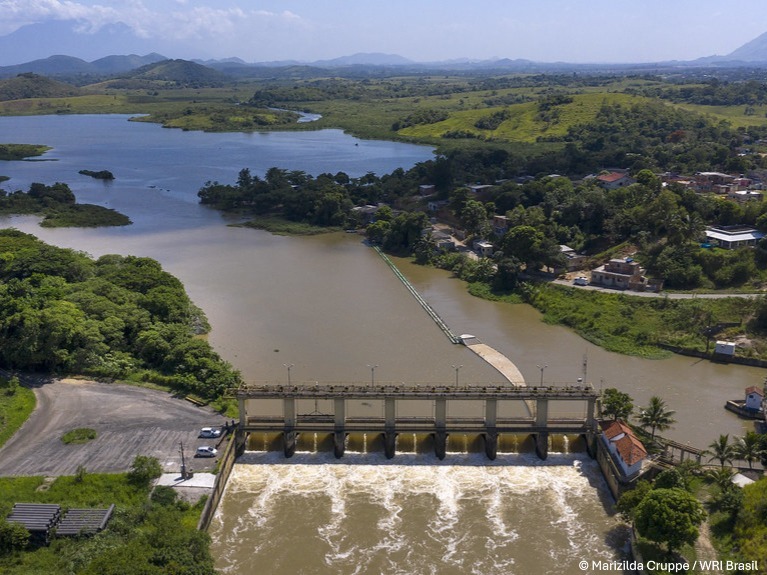
DFG Walter-Benjamin
Polluted Rivers, Infrastructure, and the Politics of Multispecies Health in Rio de Janeiro, Brazil
Polluted Rivers, Infrastructure, and the Politics of Multispecies Health in Rio de Janeiro, Brazil
The project studies urban water pollution as a problem of the Anthropocene, where societies face the increasingly health-threatening urban ecologies they have coproduced. Technology plays a vital, but little explicitly studied, political role in how actors understand and address entwined environmental and health challenges in cities. Through a case study of urban river pollution and water supply in Rio de Janeiro, Brazil, the project explores the political role of technology and its relations with nonhuman life in producing and remaking unhealthy urban environments. Hereby, it aims to uncover how system-based approaches to urban nature–specifically planetary health–that become realized through technology, shape unhealthy urban environments and their governance.
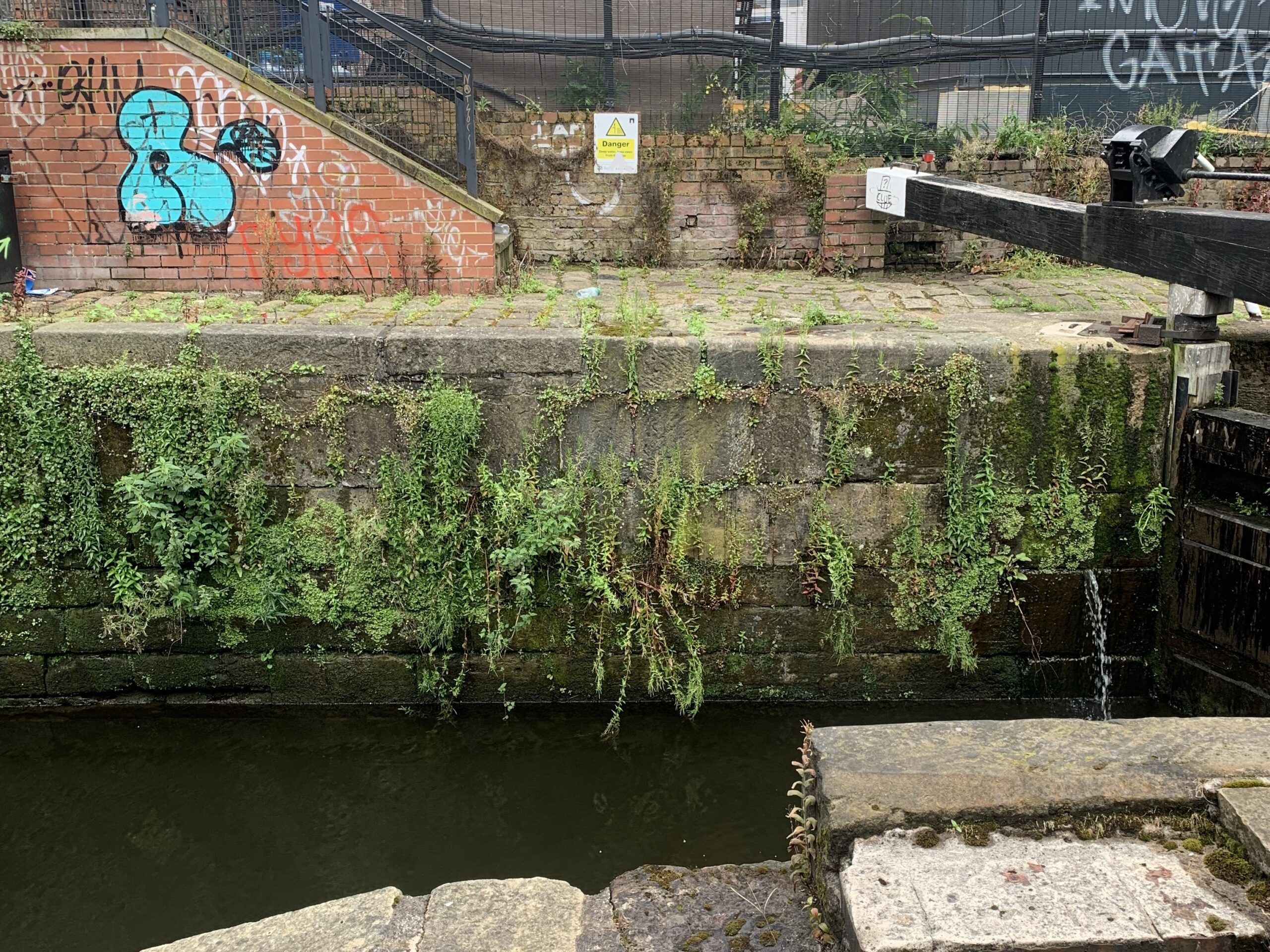
DFG Walter-Benjamin
MicroFlows: Socio-microbial relations and urban water metabolism in the bacterial city
MicroFlows: Socio-microbial relations and urban water metabolism in the bacterial city
This project explores the roles that various microbial ecologies play in the co-constitution of urban rivers and their extended infrastructure in London and Berlin. This involves investigating 1) The metabolic and ecological dynamics of the socio-microbial nexus in the function of the urban hydrological cycle. 2) The embodied responses of microorganisms to historical patterns of pollution and their mobilisation as evidential matter. 3) The potential of participatory microbiology in fostering novel human-microbial relations in highly modified fluvial zones. The project draws on more-than-human geography, urban political ecology, critical physical geography, and environmental microbiology to develop a methodologically experimental and interdisciplinary project.
